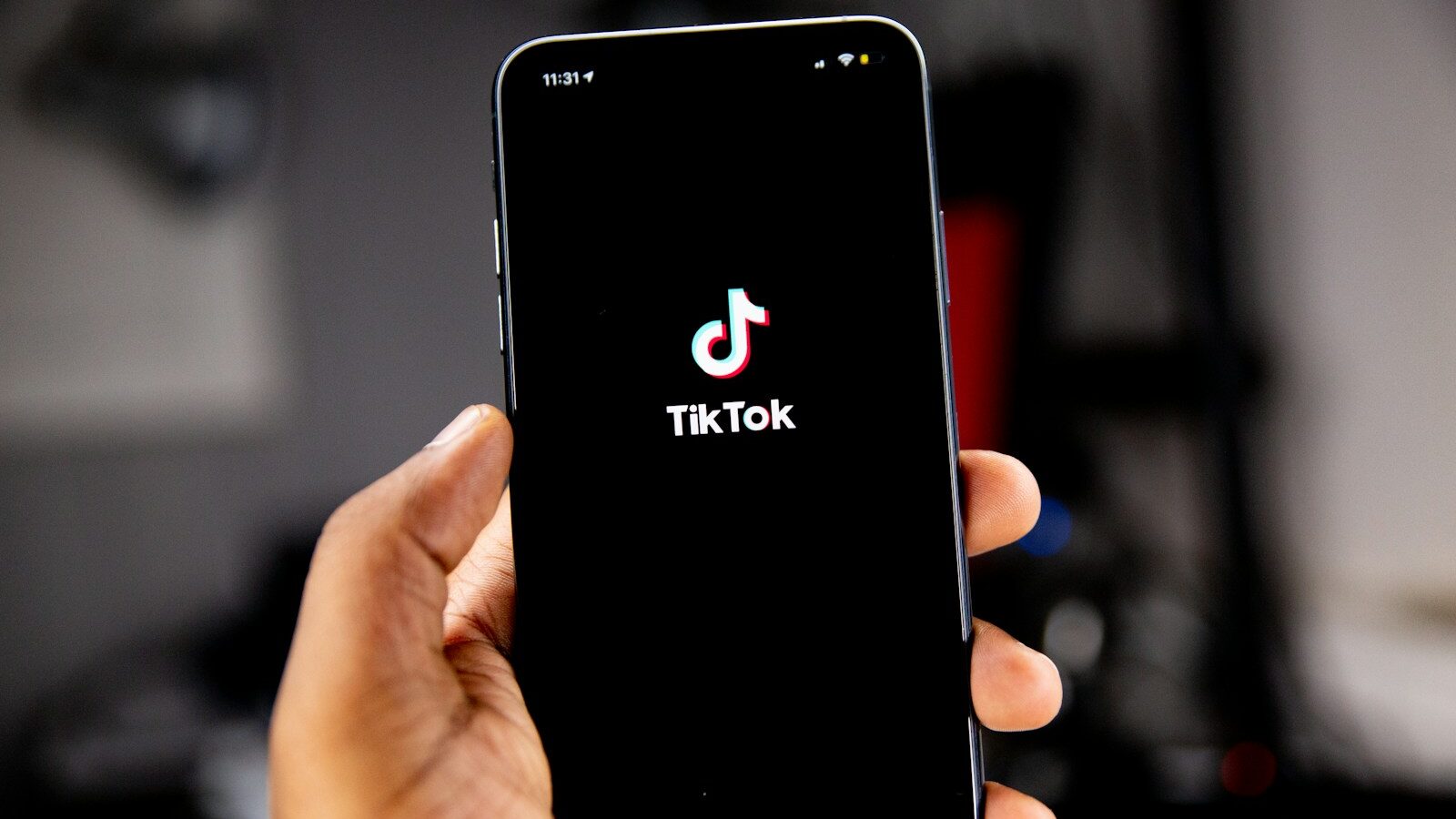Forget the tea-making and toilets tour – 21st Century managers have introduced far more sophisticated induction processes according to a study in the current issue of IRS Employment Review.
Almost all employers now offer some sort of induction to a new recruit with 19 per cent relying on a one-off session to orientate employees on their first day a. Others offer a short intensive programme followed up with flexible training (44 per cent) and a quarter offer an individually tailored approach.
The type of induction can depend on the kind of organisation offering it – someone taking up a new job in manufacturing can typically expect a face-to-face meeting with their new boss and a tour of the plant, while those joining the public sector are destined to get a management presentation and mentoring.
Employers offering tailored training tend to vary it depending on the job the individual will fill (74 per cent), the department in which they will work (70 per cent) or their level of seniority (62 per cent).
The research also shows that employers are keen to keep their induction methods up to date. Nearly four out of ten have introduced new approaches such as the use of e-learning or CD-roms that can be sent to people before their first day.
And while just 43 per cent train managers in how to run induction courses, 92 per cent provide them with checklists of the sort of topics they should cover and 82 per cent give guidance on appropriate timescales.
IRS Employment Review managing editor Mark Crail said: “A good induction programme is essential to help people get to grips with a new job. People who are thrown in at the deep end without proper support take longer to get up to speed, are less productive and are more likely to leave in the first few months.
“Just over half the employers we spoke to felt that their induction arrangements delivered what they wanted. Our research shows that successful programmes were more flexible, delivered in two stages, integrated into wider training systems and kept up to date.”







